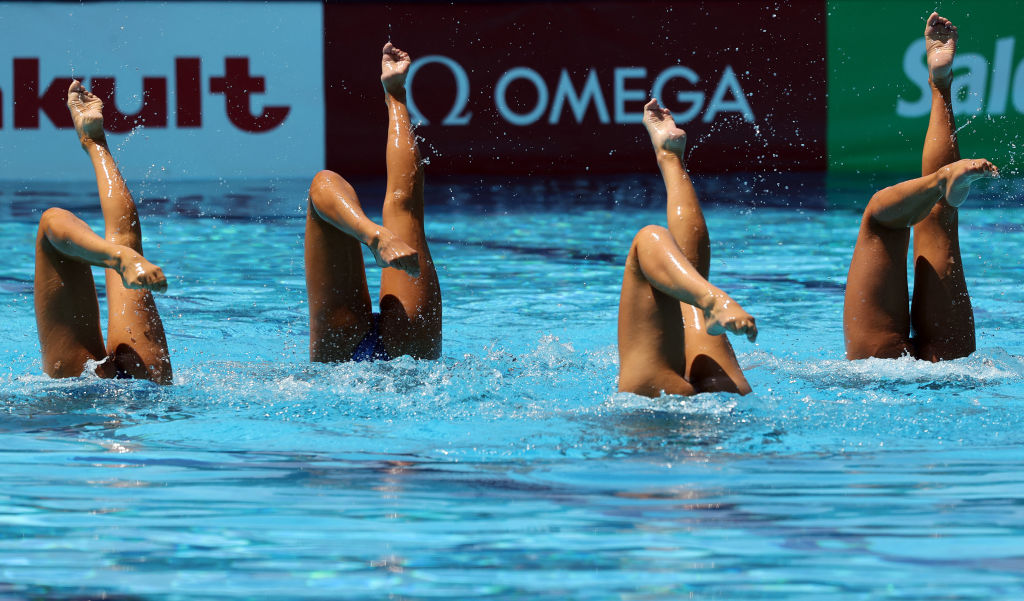
PETER KOHALMI
FINA, the global governing body for swimming, has voted to ban transgender women from participating in women’s swimming competitions.
The controversial decision swept past with a 71.5 percent vote during FINA’s Extraordinary General Congress event in Budapest this week.
Under the new policy, transgender women will now be required to show that “they have not experienced any part of male puberty beyond Tanner Stage 2 or before age 12, whichever is later.” Tanner Staging, also known as Sexual Maturity Rating (SMR), is a scale often used to track the physical development of children, adolescents and adults.
According to the National Library of Medicine, the scale defines physical measurements of development based on external primary and secondary sex characteristics such as genitalia, breasts, or pubic hair, which would effectively knock transgender swimmers out of the eligibility pool. The new measure would only allow transgender female swimmers to compete if they transitioned before the age of 12.
“This is not saying that people are encouraged to transition by the age of 12. It’s what the scientists are saying, that if you transition after the start of puberty, you have an advantage, which is unfair,” James Pearce, a spokesperson for FINA president Husain Al-Musallam, clarified to The Associated Press.
“They’re not saying everyone should transition by age 11, that’s ridiculous. You can’t transition by that age in most countries and hopefully you wouldn’t be encouraged to. Basically, what they’re saying is that it is not feasible for people who have transitioned to compete without having an advantage.”
Members of FINA claimed that it was “necessary” to use “sex-linked traits” to determine eligibility because of the “performance gap” that appears between males and females during puberty.
“Without eligibility standards based on biological sex or sex-linked traits, we are very unlikely to see biological females in finals, on podiums, or in championship positions; and in sports and events involving collisions and projectiles, biological female athletes would be at greater risk of injury,” the policy stated, according to NPR.
In the future, FINA hopes to launch an “open category” for competitors who don’t meet eligibility requirements for both women’s and men’s competitions. According to Pearce, the open category would most likely come in the form of “more events”, but the committee is still fleshing out a proper plan.
LGBTQI+ members react to FINA’s transgender ban
Social media lit up with mixed reactions following FINA’s decision. Olympic gold medalist Caitlyn Jenner appeared to be in favor of the ban.
“It worked! I took a lot of heat – but what’s fair is fair! If you go through male puberty you should not be able to take medals away from females. Period,” she wrote.
While transgender pro athlete Chris Mosier condemned the organization for “targeting transgender women.”
“FINA’s decision to ban transgender women from swimming is based on people’s opinions & fears, NOT on science or reality. To be clear: to my knowledge, there is not a single transgender woman who ever has or is currently competing in women’s swimming at the Olympic level,” he tweeted.
Additionally, The Human Rights Campaign, one of the largest LGBTQ advocacy groups in the U.S called the decision a “blatant attack on transgender athletes who have worked to comply with longstanding policies that have allowed them to participate for years without issue.”
RELATED CONTENT: 5 Black Trans Women & Transgender Rights Groups To Keep On Your Radar All Year Long









